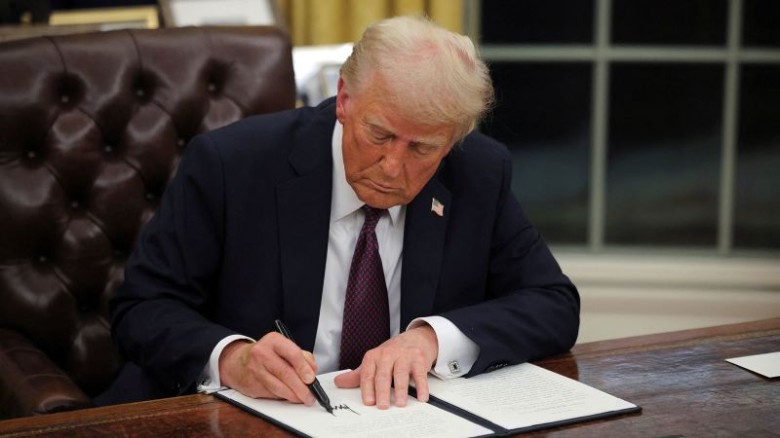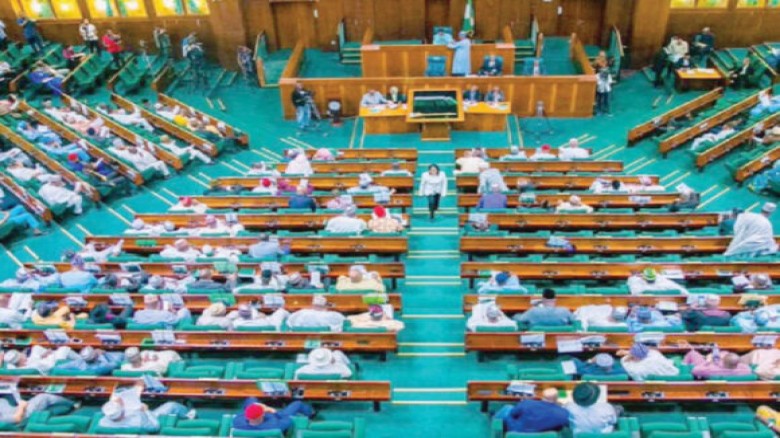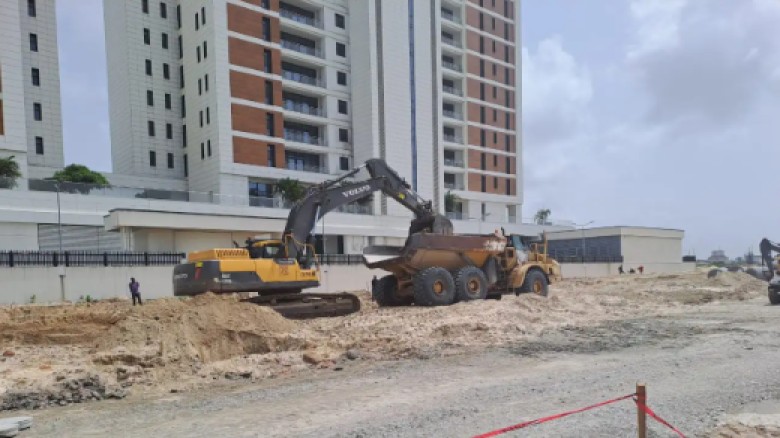PIA has brought $16b into oil industry – Reps
The Petroleum Industry Act of 2021 has reportedly attracted around $16 billion in investments to Nigeria's oil sector, as stated by Benjamin Kalu, the Deputy Speaker of the House of Representatives.During a forum in Abuja, organized by the Nigerian Midstream and Downstream Petroleum Regulatory Authority and the General Counsel and Legal Advisers Forum, Kalu referred to the PIA as a groundbreaking legal structure that is providing meaningful returns throughout the oil and gas sector.
Nonetheless, the House raised concerns about the detrimental effects of crude oil theft on the economy, estimating a daily revenue loss of $79.4 million, which equates to N121.56 billion at the current exchange rate of N1,531 to the dollar.
Lawmakers cautioned that the widespread theft poses a significant threat to Nigeria's fiscal health and energy security, despite the progress achieved through the PIA.
Kalu, represented by Ikenga Ugochinyere from Imo State, stressed that the PIA is reinstating investor trust and driving economic recovery in the petroleum industry.
"Only two years after the PIA was enacted, Nigeria has secured $16 billion in investment pledges—a staggering 28,991 percent increase from the pre-PIA baseline of just $55 million in 2020. Additionally, oil production has surged to 1.69 million barrels per day by the end of 2024—the highest level in nearly four years," he remarked.
The event, titled "Advancing a Collaborative Compliance Culture in Nigeria’s Midstream and Downstream Petroleum Sectors," assembled legal experts, regulators, and industry participants to assess the evolving situation under the PIA.
The Deputy Speaker also pointed out that Nigeria became the top destination for oil and gas investment in Africa in 2024, capturing three out of four Final Investment Decisions (FIDs) made by international energy firms.
However, he highlighted the pressing need to confront ongoing issues—especially crude oil theft—pointing out that it costs the country approximately $79.4 million each day. Kalu, who represents Bende Federal Constituency in Abia State, advocated for enhanced legislative oversight and stronger collaboration with regulatory bodies to effectively address the problem.
"To fully leverage the benefits of the PIA, we must strengthen our commitment to combat oil theft through strategic legislation and robust regulatory measures. Our aim should be sustainable development, not only for the industry but also for local communities and the wider Nigerian economy," he stated.
In his address, Farouk Ahmed, Chief Executive of NMDPRA, represented by Executive Director Ogbugo Ukoha, underscored the crucial role lawyers play in promoting regulatory compliance and operational effectiveness within the midstream and downstream areas of the oil sector.
Ukoha revealed that the agency is currently working on refining its regulatory framework in response to industry input. "We are aligning existing regulations to remove redundancies and enhance the ease of doing business. The objective is to create a strong, investment-friendly climate while ensuring strict adherence to regulations," Ukoha mentioned.























Leave A Comment